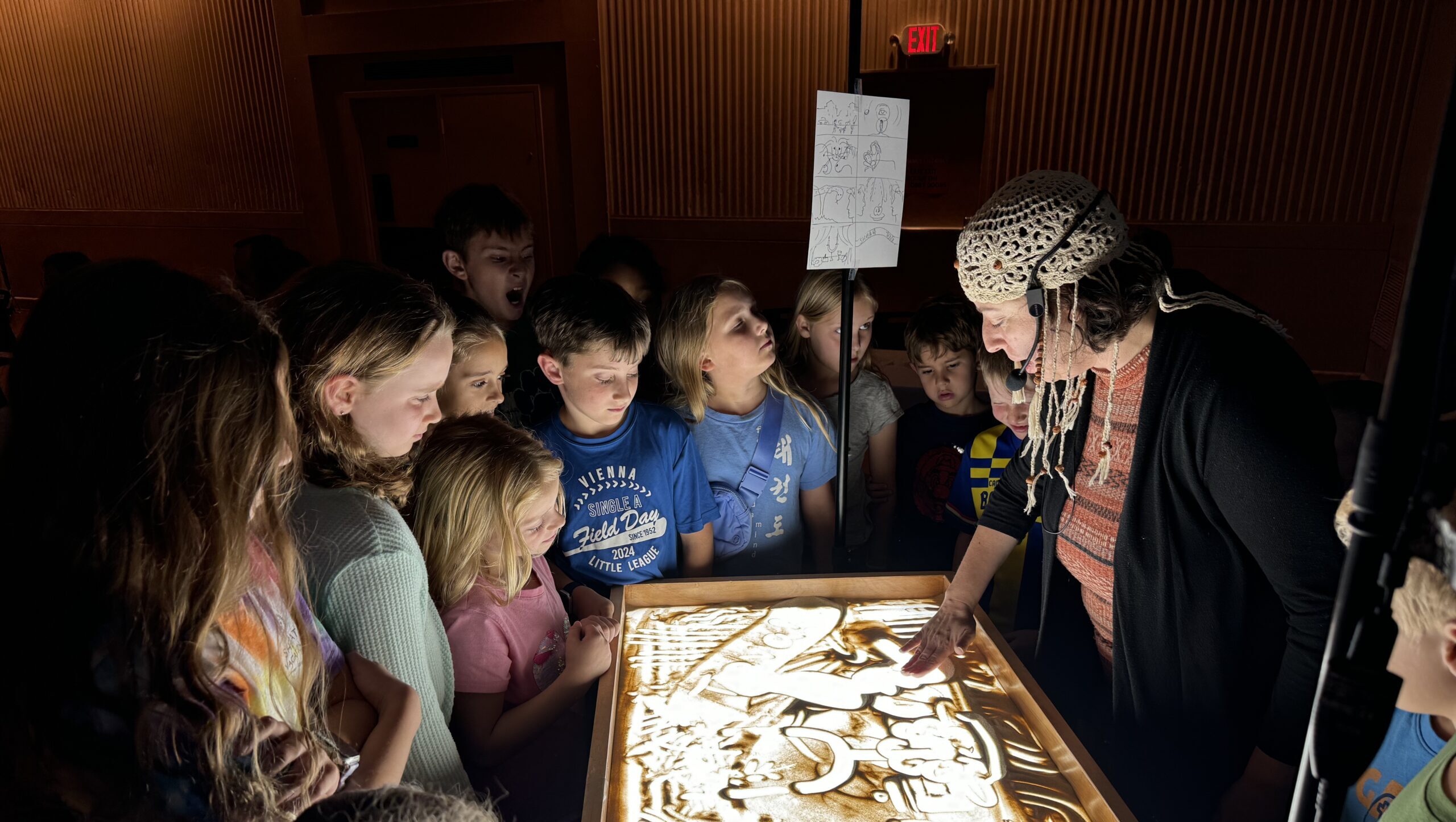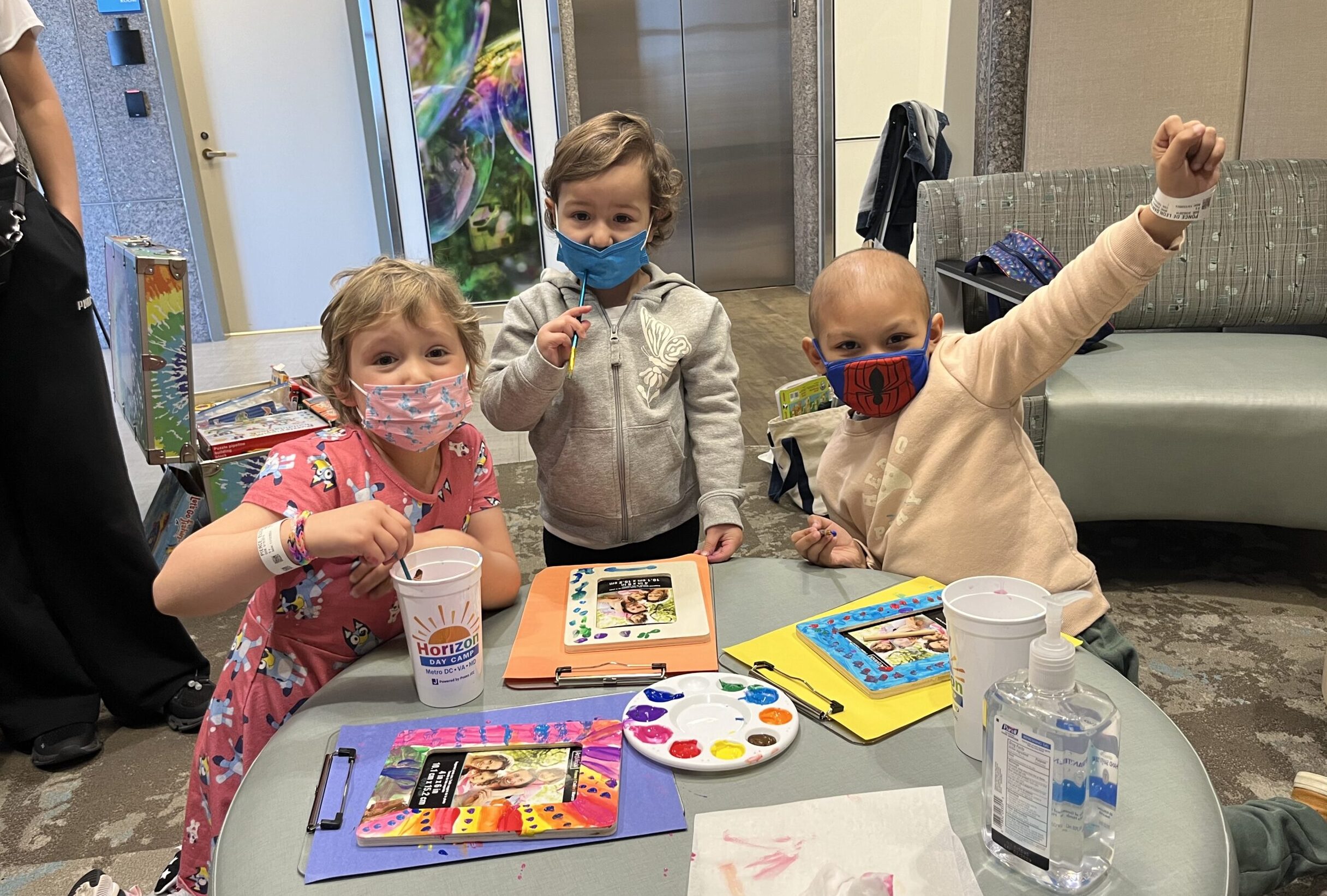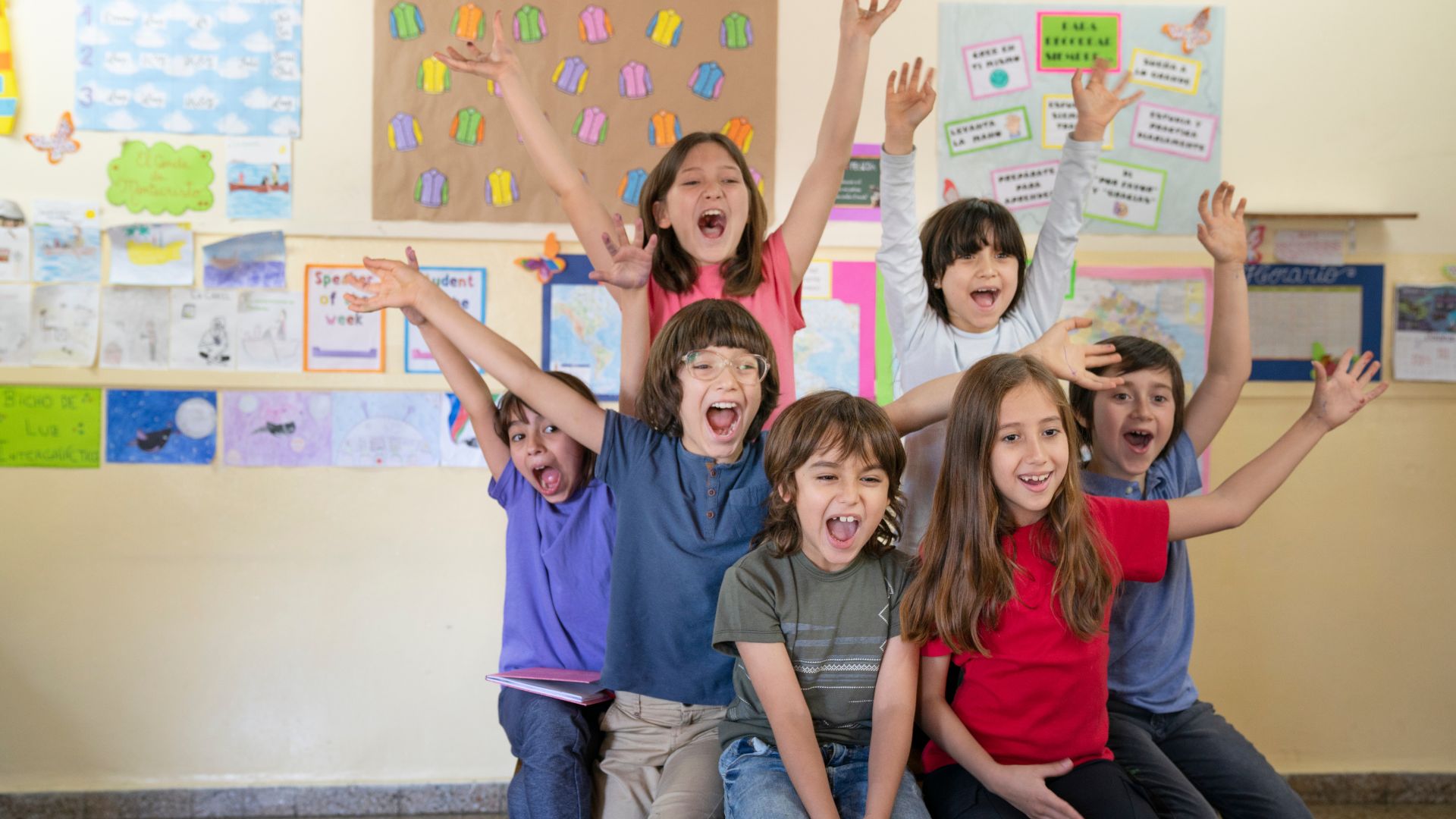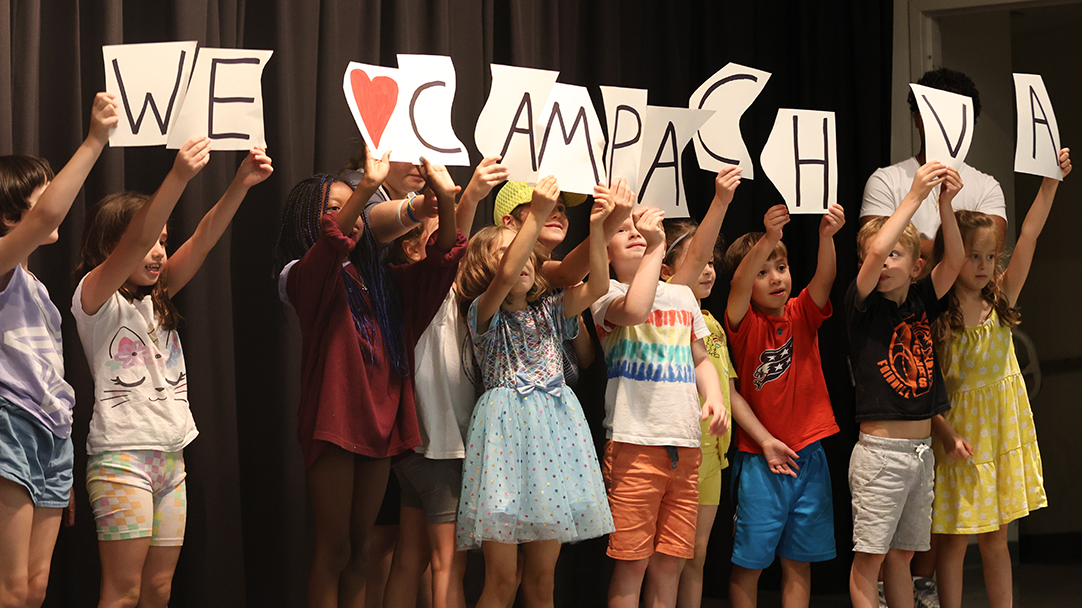
The Paradox of Inclusion: Creating Dedicated Spaces for True Belonging
At a time where inclusivity is being challenged, it’s more important than ever to remember what it truly means. Building welcoming communities doesn’t require putting everyone in the same space; it requires creating the right spaces for people to thrive.
Within the setting of a Jewish communal organization, this may seem odd. Shouldn’t we be opening up all programming to all people?
Yet true inclusion, especially for underrepresented and marginalized groups, often requires creating dedicated spaces where they can connect with others who share similar identities and experiences. These spaces serve as sanctuaries where individuals can explore their unique histories, address shared challenges, and build the trust necessary for belonging in broader communities.
Take, for example, the integration of Russian-speaking Jews into the larger community at Pozez JCC in Northern Virginia. After the Save Soviet Jewry movement of the 1980s, Russian-speaking Jewish immigrants began arriving in large numbers to the United States.
While the American Jewish community celebrated the freedom of their fellow Jews, they overlooked a crucial aspect of their integration: the vast cultural and historical differences between Russian-speaking Jews and American Jews.
For Russian-speaking Jews, their connection to Judaism was shaped not by synagogue attendance or holiday celebrations but by their experiences with antisemitism, the Holocaust, and a distant relationship with Israel. Many had never stepped foot in a synagogue, and their Jewish identities were formed largely through their oppression and through personal ties with family and friends, not through Jewish communal life.
The problem wasn’t merely a language barrier — it was a cultural one. And one that has persisted to this day.
Only a few years ago, Pozez JCC was struggling to attract Russian-speaking families to generalized programming. The solution was creating events specifically for their community, informed by a staff member with both a Russian-speaking Jewish background and a knowledge of the larger Northern Virginia Jewish community. And through those events, we recognized their lived experiences, unique Jewish traditions, and differing needs from the American population.
These programs were not about isolating Russian-speaking Jews. We had to create a space where they could connect with others who shared their history and cultural context.
The result: Russian-speaking Jews began to perceive Pozez JCC as a welcoming place to build community. They eventually started to attend generalized programming as well, fostering greater inclusivity for all.
Having this choice to exist in either space, generalized or specialized, informs Pozez JCC’s summer camp model as well.
Camp Achva welcomes children of varying abilities between kindergarten and 10th grade, with teens participating as counselors in training. The camp brings children and staff of diverse backgrounds, beliefs, identities and needs together in a safe place to have a summer of fun and growth. Camp Kesher offers teens and young adults with disabilities a different option, one with greater support and a more specialized environment. Further still, Sunrise Day Camp – Greater Washington supports families with children battling cancer – all at no charge.
This setup allows families to select the environment that best meets their child’s needs, highlighting a central tenet of true inclusivity: choice. The camp programs are designed to ensure that every child has a successful summer within unique definitions of success.
Part of curating dedicated spaces is also ensuring that shared spaces do not put an onus of responsibility on marginalized groups to explain their history or justify their inclusion.
For years, colorism in the Jewish community has perpetuated the false belief that Jews are inherently white. This stereotype overlooks the vast spectrum of Jewish identity, and this erasure particularly impacts Jews of Color, who often face both racism and antisemitism.
Not only must they navigate the challenges of both identities, but they are often expected to educate others about what it means to be a Jew of Color. This type of emotional labor is exhausting, especially when these individuals already have to fight for recognition of their Jewish identity.
Turning this individualized effort into a community-run educational opportunity signals that members of underrepresented communities have allies and that they belong. In September 2024, Pozez hosted The Abayudaya: Portrait of an African Jewish Community, a photo exhibit by Samantha Rose Mandeles featuring powerful images of the Abayudaya Jewish community in Uganda and Kenya.
The exhibit gave the larger Jewish community an opportunity to learn about Judaism in Africa in a space where everyone, whether familiar with Jewish diversity or not, could engage with a different aspect of Jewish identity, expanding cultural understanding in the pursuit of inclusion for Jews of Color.
To be sure, creating space for people to express multiple Jewish identities is not easy. It takes time, energy and resources. But if Jewish communal organizations are going to expand their outreach and serve all Jews, they need to think creatively about inclusivity.
In this spirit of solidarity, we call upon other Jewish organizations to join us in adopting these practices, acknowledging cultural distinctions and promoting cultural competence. When we respect the importance of choice and space for each community, we create a foundation for greater understanding and unity within the broader Jewish community.
LaNitra Berger serves as a board member of Pozez JCC and works as the Senior Director of the Office of Fellowships and Associate Director of the African and African American Studies Program at George Mason University.
Greg Feitel serves as the School-Age Services Director at Pozez JCC.
Zina Segal serves as the Senior Director of Community Impact and Engagement at Pozez JCC.









